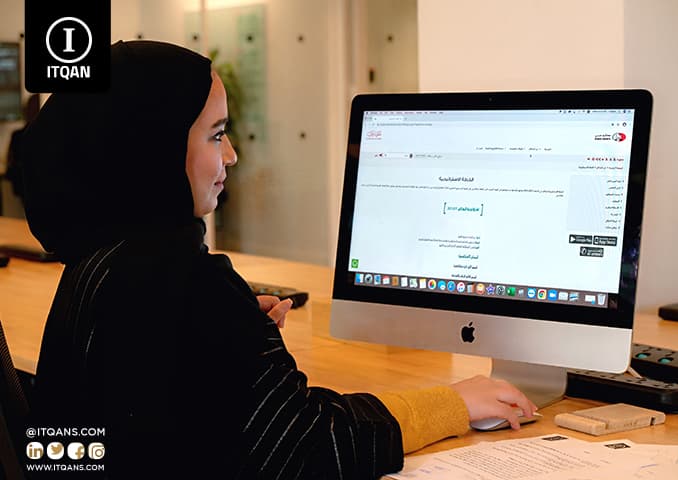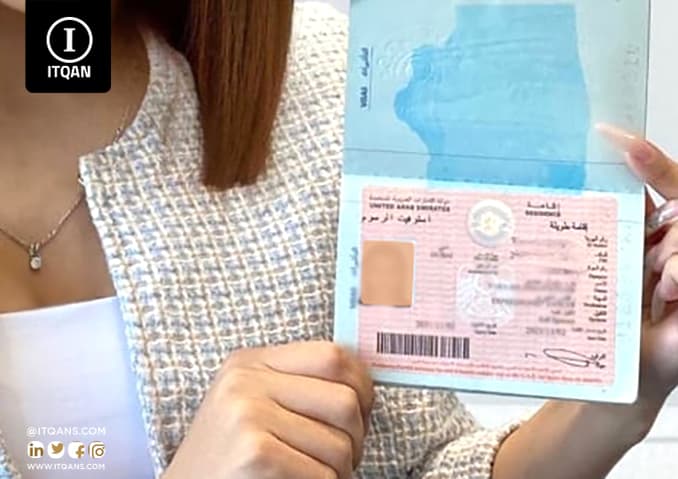Establishing a company in the free zone at the lowest costs is considered an attractive option for many entrepreneurs seeking to benefit from the distinctive investment environment in the Emirates. These areas provide companies with the opportunity to benefit from many advantages, such as tax exemptions, full foreign ownership, and developed infrastructure, making them an ideal place to start a new venture.
Establishing a company in a free zone requires a broad understanding of procedures and requirements that may vary from one free zone to another. Among the popular free zones in Dubai include Jebel Ali, Jebel Ali Technology, Dubai Internet City, and others, each zone offering unique features that meet the needs of different companies.
In this article, we will look into the practical details of the basic steps for establishing a company in a free zone in Dubai , including the legal procedures, expected costs, and competitive advantages that each free zone offers. We will also highlight strategies that can be followed to make the most of these opportunities, helping readers make the appropriate decision to start their work in an environment that encourages growth and development.

Establishing a company in the free zone at the lowest costs
جدول المحتوى
ToggleEstablishing a company in the free zone at the lowest costs
To establish a company in a free zone in Dubai , you have to follow several basic steps that include the following legal and administrative procedures:
- Choosing the type of company: The company may be a sole proprietorship, a limited liability company, or a joint stock company, based on the nature of the activity and financing needs.
- Choosing a free zone: Choose the appropriate free zone that meets your company’s needs, such as Jebel Ali, Dubai Internet City, or Dubai Shipping.
- Defining the business activity: Determining the scope of the business activity and the services that the company will provide.
- Determine the trade name: Make sure that the chosen trade name is available and complies with the conditions of the Ministry of Economy.
- Preparing legal documents: Preparing all necessary legal documents, such as the articles of association, the partnership agreement if any, and certificates of directors and shareholders.
- Submit application and registration: Submit an application to obtain the necessary license and registration in the commercial registry in the selected free zone.
- Obtaining the necessary licenses: Complete administrative procedures and obtain the licenses required to start work, such as municipal and environmental licenses as needed.
- Opening a bank account: Opening a commercial bank account for the company to manage financial operations.
- Visas and Residences: Arrangements for obtaining residence visas for employees and shareholders if necessary.
- Office Rental: Renting an office or work space in the free zone to set up the daily operations of the company.
What is the free zone in the UAE?
Free zones in the UAE represent a modern and effective concept in the country’s economic structure, as they are considered a major driver of economic development and attracting foreign direct investments. These areas provide a tax and customs neutral environment, which helps encourage companies and investors to establish and expand their businesses within the Emirates. Free zones also promote innovation and technology by providing modern infrastructure and advanced facilities. These regions include many economic sectors such as manufacturing, logistics, trade, financial and consulting services, and research and development. In addition, free zones provide support services such as visa facilities, logistical support, and export and import assistance. Free zones are a vital part of the UAE’s economic strategy of diversifying sources of income and achieving long-term economic sustainability.
Advantages of establishing a company in the free zone
Establishing a company in the UAE free zone provides many advantages that make it an attractive option for international and local investors alike. Here are some key features:
- Full ownership: Foreign investors and foreign companies can fully own the company in the free zone without the need for a local partner.
- Tax exemptions: Free zones provide attractive tax exemptions, including not imposing corporate income tax for a specified period, which increases the company’s profitability.
- Ease of export and import: Free zones enjoy great import and export facilities, which helps companies expand in global markets smoothly.
- Advanced infrastructure: Free zones provide advanced infrastructure, including modern production, storage and distribution facilities, which effectively supports business operations.
- Visa facilities: Free zones provide facilities for securing residence visas for workers and investors, which contributes to attracting international talent.
- Complete freedom in administrative control: Companies in free zones can benefit from complete freedom in determining their organizational structure and managing their business in a way that suits their own strategies.
- Government support: The UAE government provides strong support to companies in free zones by providing fast and effective government services and facilities to solve problems.
- Legal security: Free zones provide a stable and reliable legal investment environment, which enhances confidence among investors.
Costs of establishing a company in the free zone
The costs of establishing a company in the Dubai Free Zone or any free zone in the Emirates may vary based on several factors, including the type of company, the scope of its activity, and the free zone you choose. Here’s an overview of the main costs that may be covered:
- Company registration fees: These fees include the costs of registering the company in the free zone, and may vary depending on the type of company (such as a sole proprietorship or limited liability company).
- License Fees: Fees are charged to obtain licenses for the business you choose for your company.
- Office rental fees: You must have a legal address in the free zone, this requires office rental, and rental costs vary based on the location and size of the office.
- Legal Consultation Fees: You may need legal advice to help you prepare articles of incorporation and other legal obligations.
- Administrative services fees: These fees include the costs of managing the company and other required administrative services.
- Additional Service Fees: These fees may include costs for services such as labor recruitment, financial services, and logistical support.
- Consulting Services Fees: You may require specialized consulting to assist with strategic planning and business management.
Basic documents required to establish a company in the free zone
To establish a company in the Dubai Free Zone or any free zone in the UAE, you usually need to submit a set of basic documents. Here is a list of the main documents you may need:
- Copy of passport: for shareholders and main directors of the company.
- Personal photographs: of key shareholders and directors, usually passport size.
- Company registration application form: contains company details such as name, type of activity, and shareholder and manager structure.
- Company Memorandum and Articles of Association: Includes details of the company structure, operational rules, and shareholders’ rights and duties.
- Office lease contract: Proves that you have a legal address for the company in the free zone.
- Initial approval: From the government authority of the free zone, confirming the acceptance of your application to establish the company.
- Fee Payment Receipts: Document payment of the fees required to register the company and obtain the necessary licenses.
- Other licenses and approvals: You may need additional documents depending on the type of activity such as building permits, health and safety, etc.
In conclusion, establishing a company in the free zone at the lowest costs in Dubai and the United Arab Emirates represents an attractive investment opportunity provided by the appropriate economic environment for those wishing to start their small or medium projects with ease and at the lowest possible cost. By taking advantage of tax exemptions, bureaucratic facilities, and developed infrastructure, investors can achieve many advantages. Investing in free zones also means access to a global market, providing a comfortable and business-friendly working environment, which contributes to the effective growth and expansion of companies.
The most important frequently asked questions about establishing a company in the free zone
What types of companies can I establish in the free zone?
A variety of companies can be established in the free zone, including local companies, branches, new companies, sole proprietorships, partnerships and more, depending on the laws and legislation in each region.
What are the tax and customs advantages of establishing a company in the free zone?
Free zones offer attractive tax facilities such as not imposing income tax for long periods, and not imposing customs duties on import and export within the free zone.
What additional services do free zones provide to companies?
Free zones offer a wide range of additional services such as logistics services, logistical support, healthcare services, training, and advanced infrastructure.
What are the conditions necessary to obtain a license in the free zone?
Conditions vary depending on the type of activity and free zone, but the basic conditions usually include providing a lease for the office, submitting a business plan, and defining the company structure and responsibilities.
How can I open a company bank account in the free zone?
Requirements for opening a bank account vary from one bank to another, but usually include basic documents such as the company’s articles of incorporation, passports for shareholders and directors, and proof of the company’s address.

















